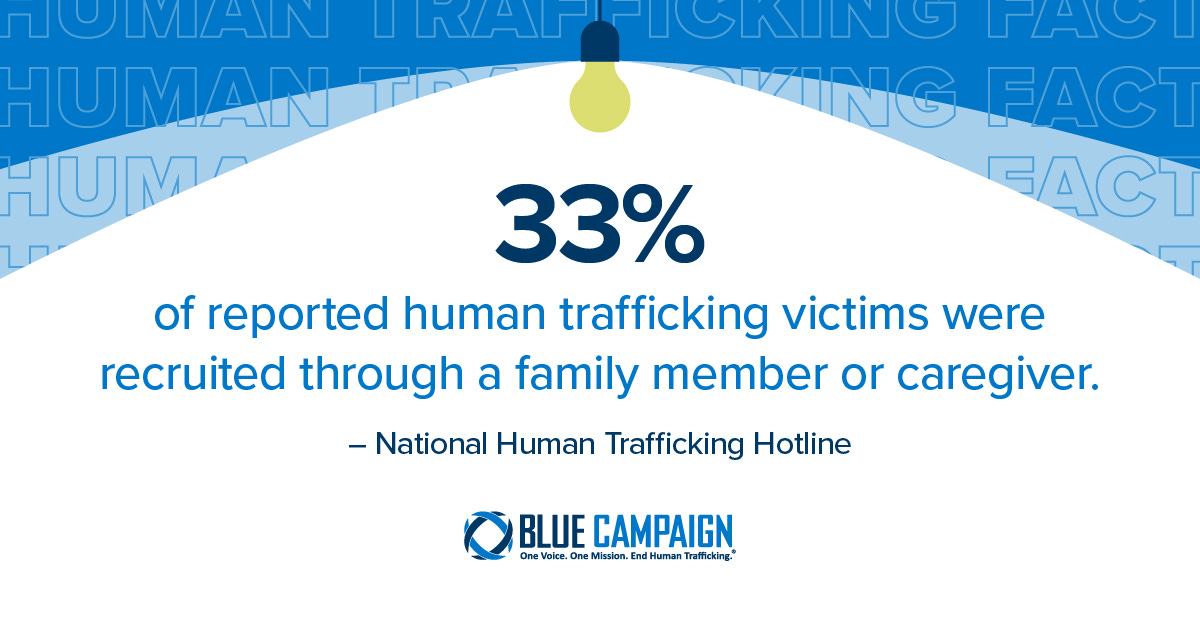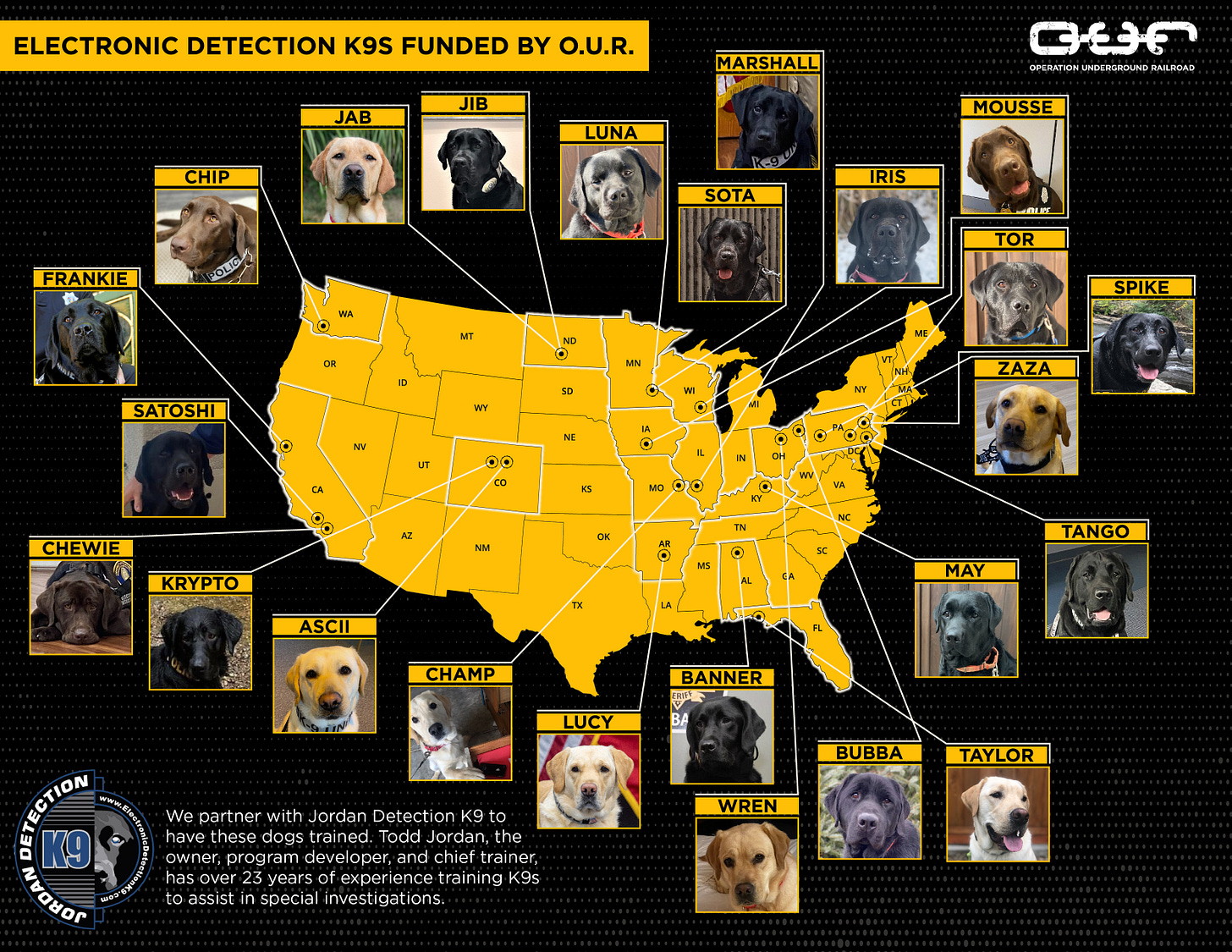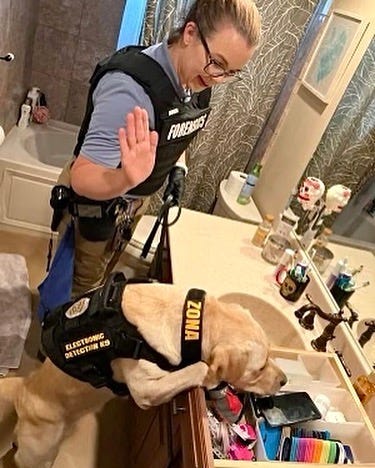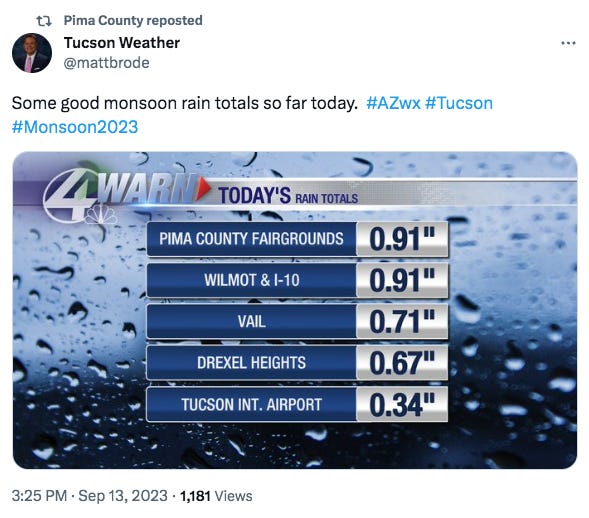The Daily Agenda: It's not just a QAnon thing
Sex trafficking is alive and well in Tucson ... Good dog is here to help ... Shenanigans at the sheriff's department.
There’s been a lot of misinformation surrounding sex and human trafficking in recent years, due in large part to QAnon’s conspiracies about the topic and widely publicized hoaxes like PizzaGate.
Experts say these tactics have endangered some of the most vulnerable communities and hurt the anti-trafficking movement, as law enforcement and the health sector struggle to combat false information while also investigating real, active cases and addressing root causes.
But QAnon shenanigans aside, trafficking is still very much an real problem, and Tucson is no exception.
Community groups and police are working to chip away at misinformation while continuing to help victims with regular town halls, forums and film screenings, along with the addition of some valuable new crime fighting tools.
Tucson City Councilman Steve Kozachik’s office has worked closely with Arizona State University researchers to establish forums and educational outreach with political leaders and nonprofits. But sex trafficking can’t be fought with knowledge alone, and as Kozachik pointed out, resources for crime fighting and prevention have been scarce in recent years.
Caitlin wrote about how the Tucson Police Department had just one detective reviewing and investigating suspected cases of people forced into sex work as of early last year. The limited staffing and resources meant undercover operations stopped taking place. But sex trafficking was still happening locally, as indicated by the October 2021 rescue of a 14-year-old victim in Tucson and several other trafficking cases involving adults.
“Your young son or daughter is likely not going to be swept into a passing van and whisked off to Columbia. That’s not how it works here,” as Kozachik wrote in an August newsletter. “But your young son or daughter might be ‘meeting’ people on social media who are simply not who they purport to be. They may be being groomed by a ‘friend’ with gifts and compliments.”
But TPD has changed its approach to handling trafficking cases and beefed up resources. The unit has combined with the department’s Special Operations Response Team and Internet Crimes Against Children Unit, which is made up of one sergeant and six detectives, including two who cover trafficking calls.
The unit also recently added a special new team member.
Zona is an Electronic Storage Device Detective K9 and a member of TPD’s crime lab unit. She came to TPD earlier this year, thanks to funding by Operation Underground Railroad, a nonprofit founded by former government agent Tim Ballard, who quit his job to devote his life to combatting global sex trafficking.
Ballard is a controversial figure who inspired the recent movie, “Sound of Freedom,” which anti-trafficking experts claimed was an inaccurate depiction of child sex trafficking.
Ballard and Operation Underground Railroad also received their own criticism, mostly due to Ballard’s recent embrace of conspiracy theories, and he left the nonprofit shortly after the film’s release.1
But back to the dog. Operation Underground Railroad runs the Electronic Storage Device Detection K9 program. It costs about $22,000 to acquire and train a dog, and the group has sponsored more than 100 K9s across the U.S.
The two-year-old Labrador Retriever is specially trained to recognize a unique chemical sprayed on electronic storage devices during the manufacturing process, including USB drives, hard drives, Air Tags, hidden cameras and SIM cards. She’s the first chip-sniffing dog in Arizona.
Share this story so your friends can hear more about Zona, too!
Storage devices are often used to hold child sexual abuse material (Caitlin and Curt can attest to this from years of reviewing search warrant returns in Pima County Superior Court) but trafficking victims also might have cell phones or computers that include contact information or communications that can help locate offenders, build prosecutable cases, and identify survivors.
“She can find them up high, down low, in cabinets, containers, gravel and even in a pool,” said Gaile Warren, a digital forensic examiner and Zona’s handler.
Zona also brings other special skills to TPD. She was originally trained as a service dog, but her drive to work was too strong for her to be certified. Her original training comes in handy in the crime lab, which is filled with people doing extremely important and often traumatic work. She’s tuned in to emotions and if someone’s upset, she’ll be by their side or on their lap in a moment to provide comfort.
"It’s a huge benefit for us emotionally to have her here with us, but also on warrants when kids are removed from the house, she’s fantastic,” Warren said. “She will lay right there with them.”
Zona is available to assist other local law enforcement agencies with investigations, and while most people are skeptical at first, Warren said Zona quickly proves her value.
And while Zona may be blazing trails for working dogs in the state, Warren is doing the same for TPD, as the department’s first civilian to handle a police K9.
We’re all for bringing more dogs into the workforce and it’s always cool when Tucson is the first in the state to try something out. Zona has her own Instagram and Facebook pages, and we’re looking forward to following her career.
Car thefts on campus: The University of Arizona is warning students and staff about an increase in vehicle thefts since the start of the school year, according to a Clery Alert issued by Assistant Chief of Police Robert Sommerfeld. Between August 23 and Sept. 11, UAPD received reports for seven stolen vehicles. Four were Kias and two were Hyundais. Most were stolen during the day and involved entry through a broken window. The thefts have taken place in various garages, lots and streets on campus, ranging as far north as Mabel Street and south near 6th Street. Anyone with information regarding these incidents is asked to call UAPD at 520-621-8273. If you wish to remain anonymous, you can call 88-CRIME.
Delay debacle: The Pima County Deputy’s union is accusing Sheriff Chris Nanos of delaying an internal investigation into a former sergeant’s alleged sexual assault of a deputy, the Arizona Daily Star’s Charles Borla writes. The union says a criminal investigation was opened immediately, but that Nanos put an internal investigation into the sergeant’s actions “on hold.” Nanos called the claims “wild accusations.”
Federal funds are drying up: Pima County officials are saying that although the number of asylum seekers they’re serving is increasing, the federal funding to assist them has decreased, which could mean migrants being released on the streets with no services as early as May, Arizona Public Media’s Danyelle Khmara reports. Pima County received about 18,000 migrants in 2019, but has received more than 90,000 migrants in the first seven months of 2023.
More federal funding challenges: The Arizona Department of Education is offering to return a portion of revoked grant money to Santa Cruz County, days after the department moved to terminate a major funding contract with the school superintendent’s office, the Nogales International’s Angela Gervasi writes. An ADE spokesperson told Gervasi Monday afternoon that the school superintendent’s office will be able to continue to use $2 million of the funds, less than half of the $4.2 million in federal funds that was in the county’s budget last week.
Going to the dogs: City Councilwoman Nikki Lee’s office is holding a contest to name a new dog park, expected to open in February. Last year, Tucson won a Bark for your Park grant to build a new dog park at Lower Lincoln Park. The dog park will be on turf and feature three separate areas that will allow for turf maintenance. It will also have misters, trees, shade, agility equipment and other play features. Voting begins Sept. 18 and will close on Oct. 8. Submit your votes here.
Processing delays: U.S. Reps. Raúl Grijalva and Ruben Gallego are among more than 100 lawmakers urging the Biden administration to make it faster and easier for asylum seekers to get U.S. work permits, KJZZ’s Alisa Reznick reports. They say asylum seekers are stuck in an immigration limbo, with a backlog of nearly 2 million cases at Citizen and Immigration Services contributing to processing delays for everything.
0.91: The rain, in inches, that fell in the Tucson area on Wednesday afternoon.
Steve Kozachik also came under fire recetly for including a link in his newsletter to an article about “Sound of Freedom” published by right-wing news outlet The Daily Wire, which has been accused of spreading misinformation.













I'm surprised the police alert didn't mention it, but there's a recently-TikTok-famous hack for Hyundais and Kias that make them particularly easy to steal: https://fortune.com/2023/02/14/hyundai-kia-tiktok-challenge-car-theft-auto-software-update/?queryly=related_article